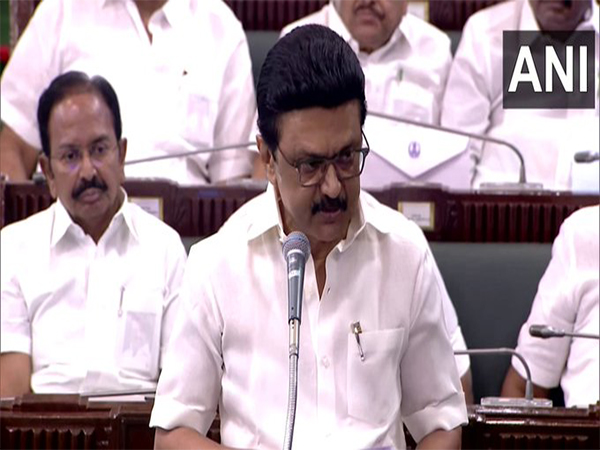Stalin's Autonomy Move: Tamil Nadu Pushes For State Rights
Tamil Nadu CM MK Stalin announced a high-level committee to explore state autonomy, led by ex-Justice Kurian Joseph. The committee will provide recommendations by 2026, amidst controversy over NEET exams and the NEP. This move coincides with the Supreme Court's ruling against the state governor's actions.

- Country:
- India
Tamil Nadu Chief Minister MK Stalin has spearheaded an initiative to bolster state rights by announcing the formation of a high-level committee. This was disclosed in the state assembly on Tuesday. The committee, designed to provide recommendations and suggestions on state autonomy, will be led by former Supreme Court judge Kurian Joseph and former IAS officers Ashok Vardan Shetty and Mu Nagarajan.
The committee's task involves conducting extensive research, with an interim report slated for January 2026. CM Stalin emphasized that the mission aims to reinforce the relationship between the state and union government. The final report is anticipated by 2028.
In a firm critique against the National Entrance cum Eligibility Test (NEET) and the NEP's three-language policy, Stalin highlighted the detrimental impact these measures have had on students in the state. "Many lives have been lost due to the NEET exam," Stalin stated, voicing continuous opposition and articulating concerns over the imposition of Hindi in Tamil Nadu through the NEP's language policy. He pointed out financial repercussions, noting a Rs 2500 crore hold-up from the union government.
Stalin also advocated for education to be a state-managed domain, advocating reversing the 42nd Constitutional Amendment. This discourse is set against the Supreme Court's recent ruling deeming Governor RN Ravi's withholding of assent on ten bills as "illegal and erroneous".
The Court, on April 8, noted the Governor's action of reserving legislation for presidential assent as arbitrary, ruling it as null and void. All associated actions on the ten bills were subsequently annulled, reinforcing the state legislature's decision-making authority.
(With inputs from agencies.)
ALSO READ
Skye Air's Historic Drone Delivery Paves New Pathways in Nepal
IVPA Sounds Alarm over Duty-Free Edible Oil Surge from Nepal
Revolt Motors Electrifies Nepal: A New Era for Two-Wheelers
Thimi Turns Red: Nepal's Sindoor Jatra Welcomes New Year with Color and Celebration
Family Feud Ends in Tragedy: Nephew Accused of Shooting Uncle










